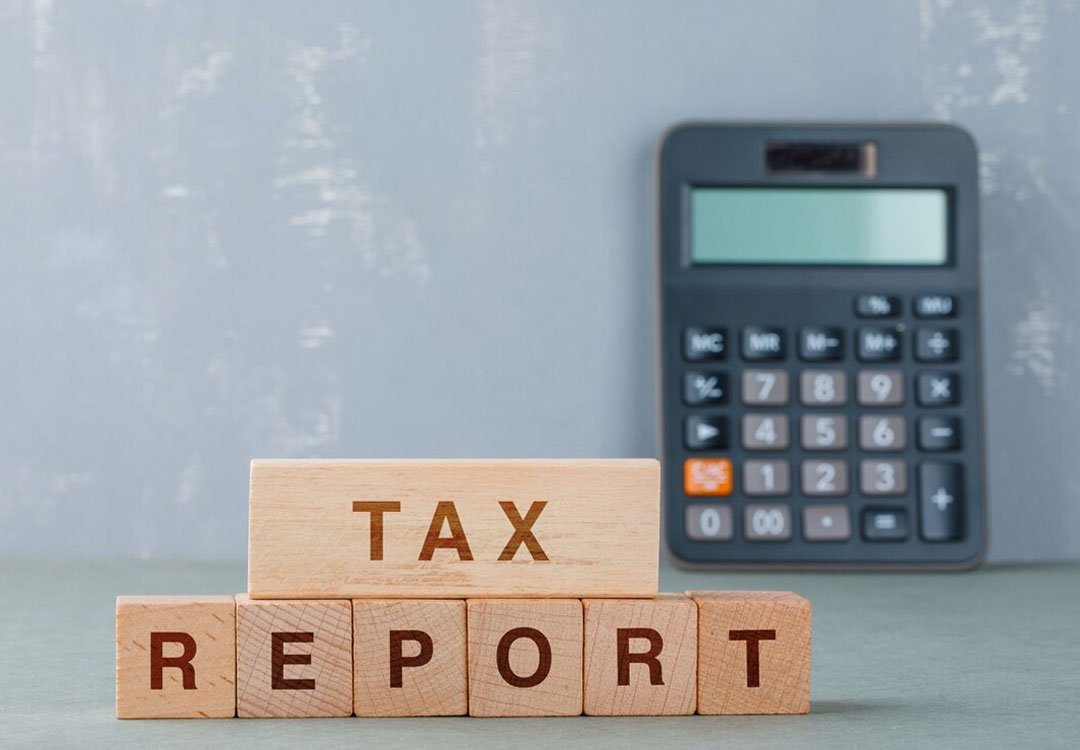Choosing the right buyer for your business is one of the most crucial steps in the selling process. A good buyer can ensure that your business continues to thrive, protect your employees, and pay you a fair price, while a poor buyer can lead to the downfall of the business, financial difficulties, or even legal issues. Here are some key factors to consider when selecting the right buyer for your business:
1. Financial Plan
- Ability to Pay: The buyer must have the financial resources or the financial strategy to afford or finance the business. Ensure that they are financially capable of paying the price you’re asking for and any ongoing obligations, such as liabilities, debts, or working capital requirements.
- Proof of Funds: Always ask for evidence of the buyer’s financial standing, such as bank statements, proof of funding, or a letter of credit from their bank or investor. This helps you avoid wasting time with buyers who may not have the funds to complete the deal.
2. Experience and Expertise
- Industry Knowledge: It’s important that the buyer understands your business and industry. An experienced buyer with industry knowledge is more likely to sustain and grow the business post-sale. If the buyer is unfamiliar with your sector, there may be a risk of poor management or strategic missteps.
- Track Record: Look for buyers with a proven track record in running successful businesses, especially if they’ve owned or managed businesses similar to yours. A buyer with relevant experience will be more confident in managing your business after the sale.
3. Cultural Fit
- Alignment of Values: The right buyer should share your business’s values and culture. If your company has a strong culture, it’s important to find someone who respects and maintains that culture to keep employees motivated and customers satisfied.
- Employee Impact: Consider how the buyer will treat your employees. If the buyer’s values differ significantly from yours, there could be a negative impact on the workforce. If possible, try to find a buyer who will maintain the team and provide job security for your employees.
- Buyer’s Plans for the Business: Ask the buyer what their plans are for your business. Ensure that their vision aligns with the future of your business. If they plan on drastically changing the business, it could affect its reputation or future growth.
4. Reputation and Integrity
- Reputation in the Industry: Do some research on the buyer’s reputation within the industry. A buyer with a good reputation is likely to attract customers, employees, and suppliers who trust their leadership. Conversely, a buyer with a negative reputation may cause harm to your business’s reputation.
- Integrity: It’s important to choose a buyer who is honest, ethical, and transparent. You want to ensure that the transaction is fair, and that the buyer will honor the terms of the sale agreement.
5. Strategic Fit
- Synergies: A buyer who sees strategic value in your business can often pay a premium price. Look for a buyer who views your business as complementary to their own, whether it’s a competitor, a business in a related field, or an investor looking to diversify.
- Growth Potential: Choose a buyer who sees long-term potential in your business and who is willing to invest in its growth. A buyer with a clear strategy for growth will likely bring in new ideas, resources, and innovation that can benefit the business after the sale.
6. Motivation for Buying
- Genuine Interest vs. Speculation: Try to gauge whether the buyer is genuinely interested in owning and operating your business or if they’re simply looking for a quick financial gain. A buyer who is motivated by long-term success is more likely to make decisions that ensure the business thrives.
- Reason for Purchase: Understanding why the buyer wants to acquire your business can help you gauge their commitment. Are they buying for expansion, diversification, or simply to liquidate assets? A buyer with a long-term vision for growth is typically more committed and less likely to sell off assets or close the business shortly after the purchase.
7. Financial Offer and Terms
- Fair Price: While the highest offer isn’t always the best offer, the buyer should be offering a price that reflects the value of the business. Be sure to evaluate any offers carefully and compare them in terms of how much you’re being offered upfront versus the structure of the payment (i.e., installments, earnouts, or contingencies).
- Payment Terms: Consider the buyer’s proposed payment terms. Buyers may offer all-cash deals, but in many cases, payments may be made in installments, via equity, or in other forms. You should choose a buyer whose payment terms meet your financial needs and expectations.
- Contingencies and Earnouts: Some buyers may offer earnouts, where they pay a portion of the price based on future performance. This can be a good option if you want to continue being involved or want to ensure the business continues to perform post-sale. Make sure you fully understand any contingencies or earnout clauses.
8. Ability to Complete the Transaction
- Commitment to Closing the Deal: Some buyers may express interest but lack the ability or determination to complete the deal. A buyer who is serious about purchasing your business should be able to move through the sale process efficiently and without unnecessary delays.
- Transaction Timeline: Assess how quickly the buyer is willing to move forward. If the buyer takes too long or drags out negotiations unnecessarily, it can delay your plans. The right buyer will be able to commit to a reasonable timeline for completing the sale.
9. Financing and Funding Sources
- Access to Capital: Ensure that the buyer has access to adequate funding to complete the purchase. A buyer who is obtaining financing through a loan or investor may take longer to close the deal or could face challenges securing the necessary funds.
- No Financing Hiccups: Buyers should demonstrate their ability to finance the purchase and provide clear proof of the source of funds. If a buyer has insufficient funding, it could result in complications during the sale process.
10. Post-Sale Transition and Involvement
- Plans for Transition: Consider how the buyer intends to handle the transition. Will they want your involvement post-sale? Will they need your help with the transition process, or will they need to involve key management and staff in the changeover?
- Retention of Key Employees: A buyer who values your employees and understands the importance of keeping them onboard is important for the future success of the business. A buyer who plans to retain your team and continue running the company smoothly is more likely to be successful.





